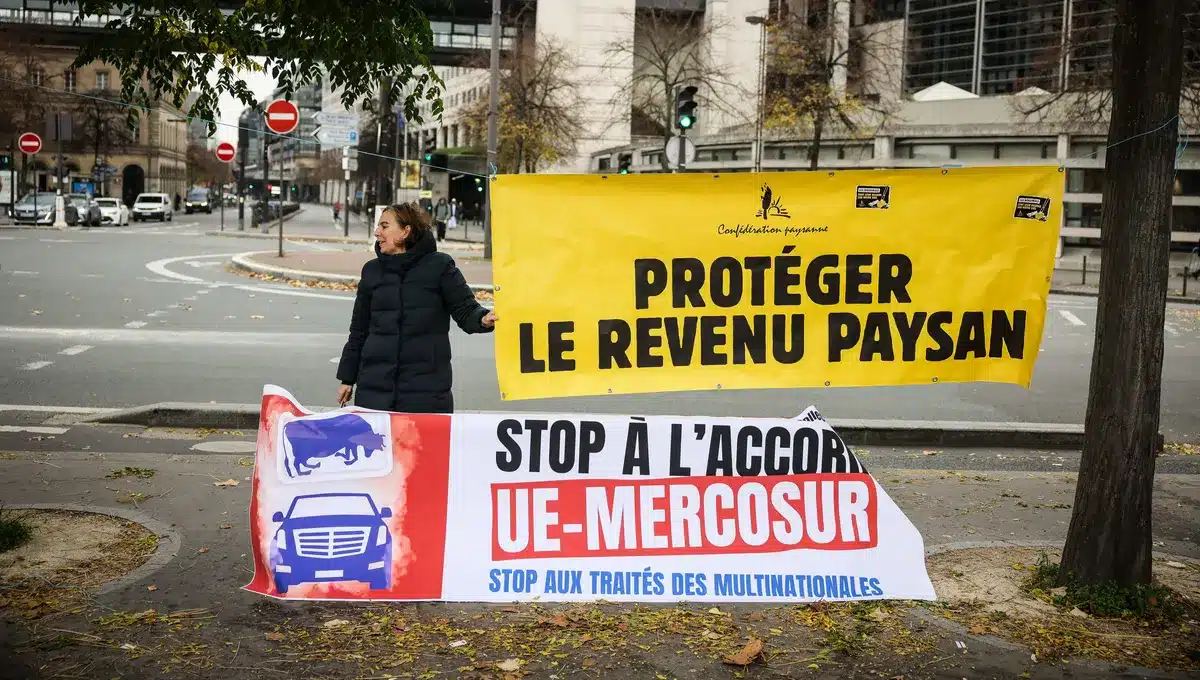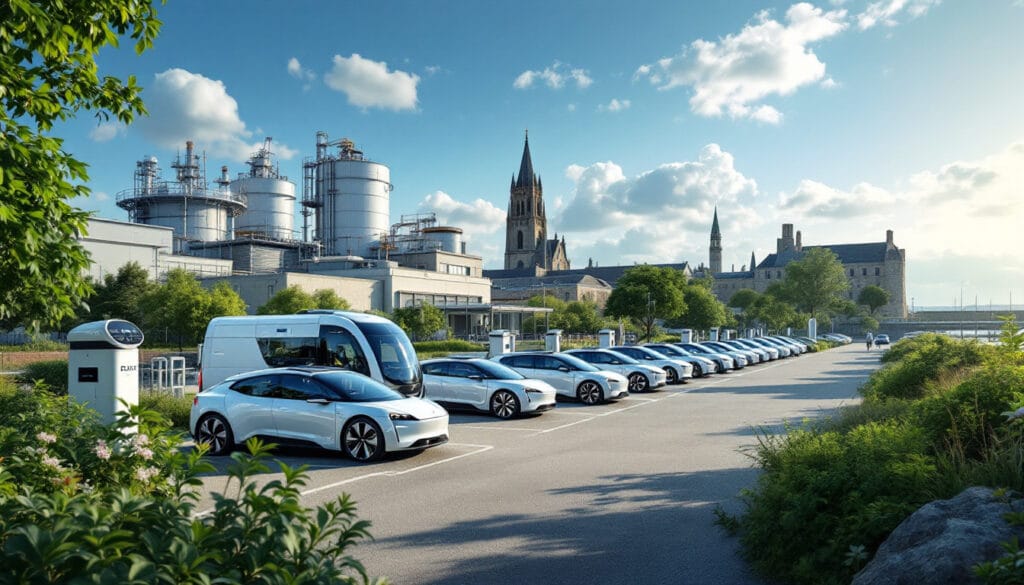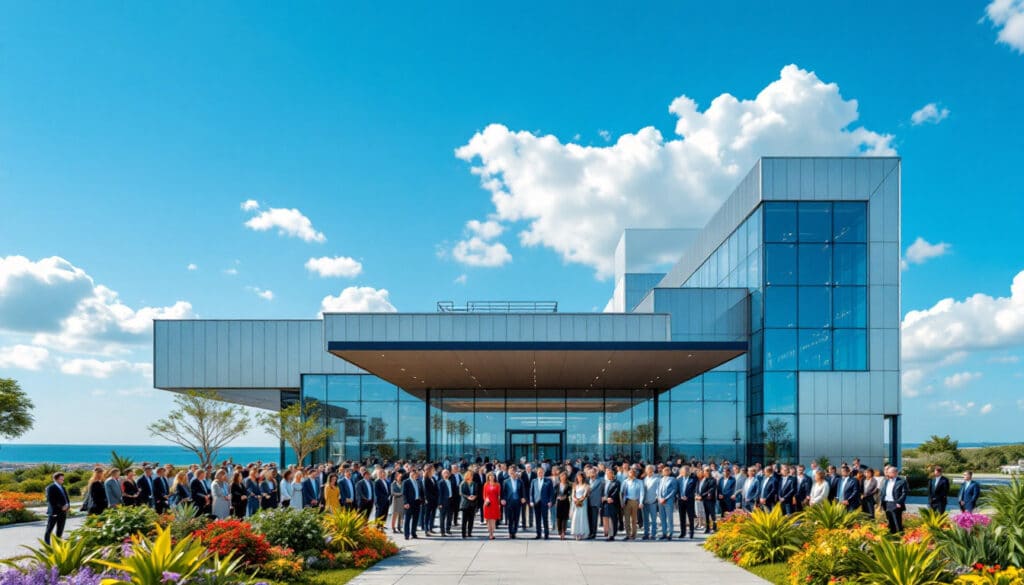The free trade agreement between the European Union and Mercosur opens fascinating prospects for both business and the ongoing industrial transformations. This partnership aims to reduce customs barriers, thus facilitating access to the natural wealth of Latin America. In this context, certain critical metals play a central role: lithium, essential for electric batteries; graphite, indispensable in the semiconductor industry; and niobium, pivotal for superalloys. Therefore, the reduction of taxes on these raw materials could boost imports and enhance the competitiveness of European industries, while creating a new dynamic of investments in a region rich in natural resources.
The agreement between the European Union and Mercosur opens the door to a new dynamic for both regions. By lowering customs barriers on raw materials, it promises to enhance the security and resilience of European supply chains. The Latin American countries of Mercosur, including Brazil and Argentina, constitute a significant source of critical metals such as lithium, graphite, and niobium. These resources are essential for European industries, especially in the sectors of electric batteries and electronics. The reduction of export taxes promotes trade and invites European investments in the region’s mining sector. Thus, although issues of industrial sovereignty remain, this agreement presents a strategic opportunity for Europe in a global context marked by geopolitical crises and frequent disruptions of supply chains.

Table des matières
Togglethe eu-mercosur agreement and its impact on critical metals
The free trade agreement between the European Union and Mercosur paves the way for a new era of economic and industrial collaboration between the two blocs. It aims to lift several tariff barriers, facilitating access to the mineral resources of Latin America, crucial for the future of European technologies. By integrating this agreement, Europe hopes to strengthen its supply chain for critical metals like lithium, graphite, and niobium, essential for the energy transition and the development of industries 4.0. This treaty also engages exchanges in other economic sectors, enabling diversification of raw material sources.
the mineral wealth of mercosur: opportunities for europe
Among the Mercosur countries, Brazil and Argentina stand out as key players in the production of critical metals. Brazil is a dominant figure with niobium production reaching 89% globally, making it a strategic asset for the European industry. Meanwhile, Argentina is gradually becoming a world leader in the lithium sector, holding significant reserves ready for exploitation. These resources are becoming increasingly attractive for European companies looking to establish a direct presence in Latin America to refine or utilize these metals, aiming to reduce their production costs and ensure the security of their supply chains.
Despite these opportunities, Europe must proceed with caution. Mining infrastructures must be developed sustainably to meet demanding ecological standards and ensure that extraction does not disrupt social and environmental balances in producing countries. Regulation and adherence to agreements are crucial to ensuring a fair and sustainable trade relationship between the European Union and the Mercosur countries.
challenges and prospects related to the exploitation of critical metals
For the European Union, the main challenge is to secure the supply of critical metals while reducing dependency on external players like China, which currently leads in the refining of many metals. Mercosur offers, in this regard, a promising alternative, but the necessary investments are considerable. Building and commissioning new mining facilities and refining units on South American soil will require time and capital, and must happen in compliance with local laws and environmental constraints. European companies must therefore carefully weigh these considerations before embarking on long-term projects, ensuring that their operations meet sustainable and ethical standards.





